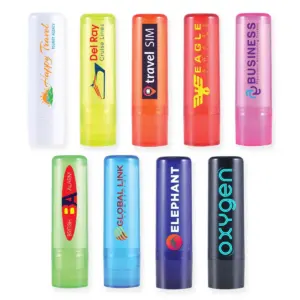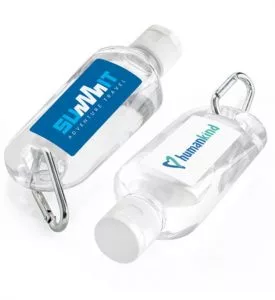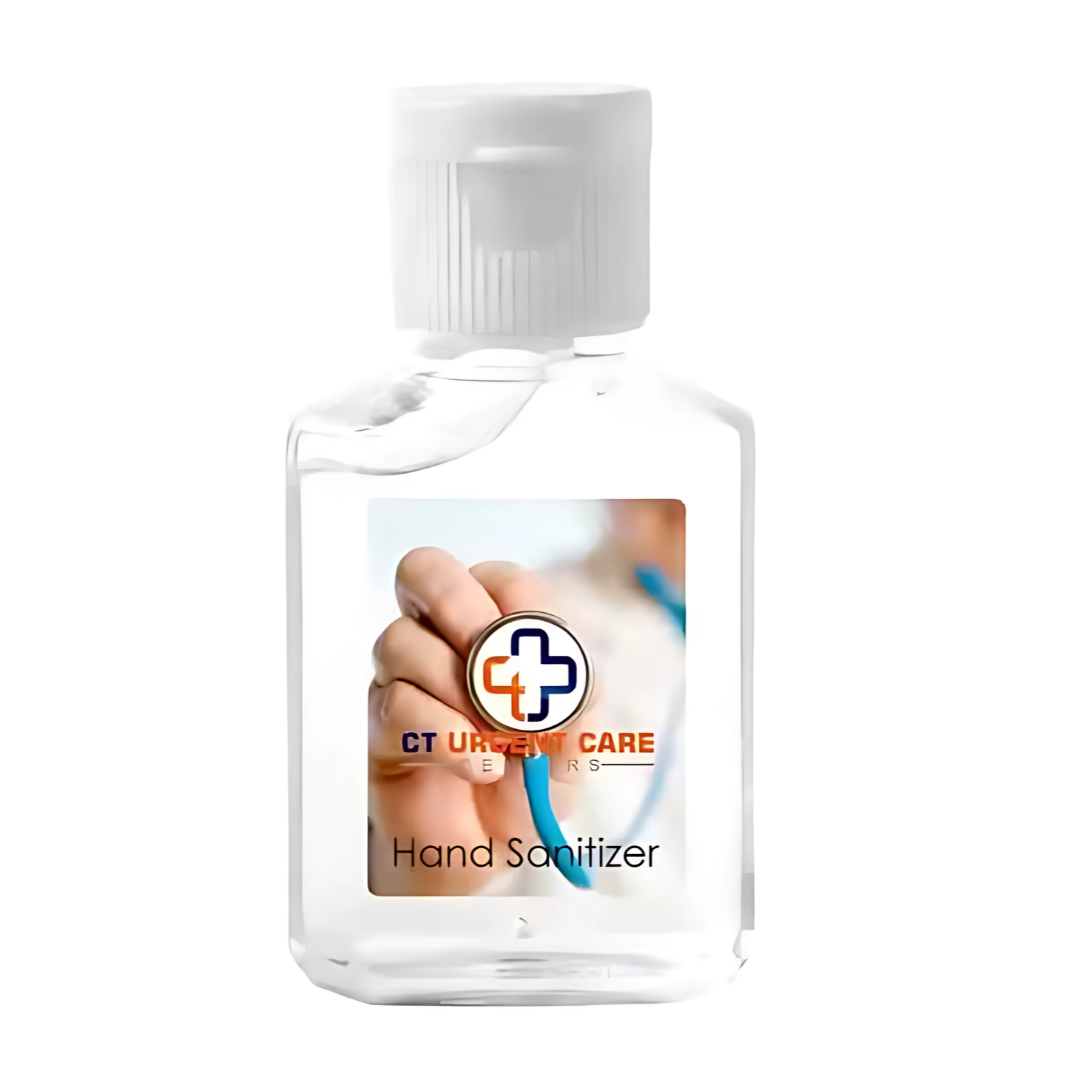Custom Branded Hand Sanitiser Bottles: Why We Fill Locally
Regarding hand sanitiser, Australian businesses expect more than a standard product —...
Cheap Price Promise
3PL Warehousing and Distribution
100% warranty on all our work
Since 2006
Show you care about your clients’ and employees’ well-being with wellness gifts. Choose branded yoga mats, fitness gear, and stress relief products to promote health. To shop the range,
Shop Promotional sunscreens here
Shop Branded lip balms here
Shop Custom gift boxes here
Shop Promotional tape measures here
To explore more articles by different authors, click on their names. For related topics, please browse through our blog categories.

Regarding hand sanitiser, Australian businesses expect more than a standard product —...

They say the best promotional items to give...

Oscar Mayer is best known for its meat and cold-cut production in...

We recently discussed promotional products for active Australians, which included an assortment...

To say 2020 has been a stressful year is the understatement of...

Promotional hand sanitisers have been one of the biggest products of 2020,...

Keeping hands clean isn’t just a health priority anymore—it’s a branding opportunity....
May 24th is National Sunscreen Day in the US as the Northern...
Unbelievable, but did you know that Leonardo da Vinci was the first...
It’s time to kick back and chill because on August the 15th...

Did you know in 2011 the South Australian Government pulled a publicity...

The Shops are beginning to be on SALE…. that only means 1...